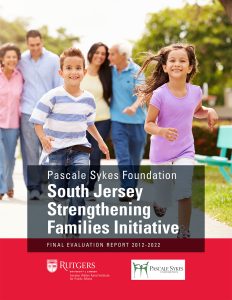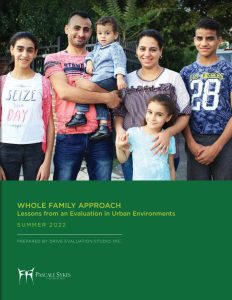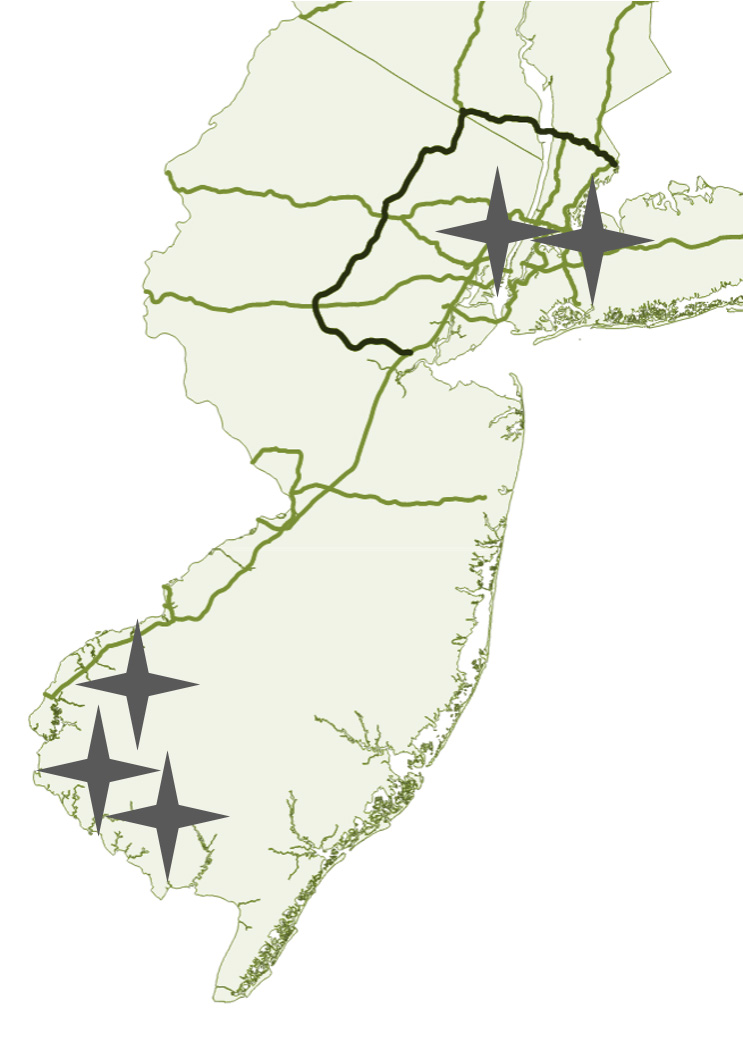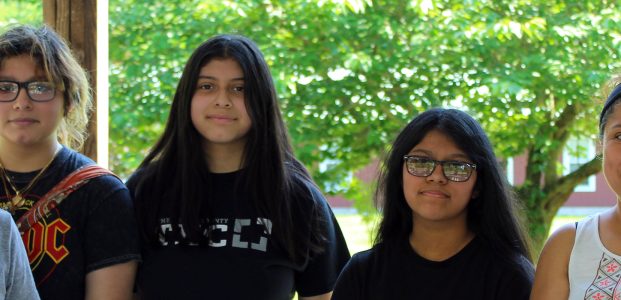The Whole Family Approach, a family-led strategy which provides adults and children with the tools to set, plan for, and achieve their goals together, was studied in both rural and urban settings. The research conducted by the Senator Walter Rand Institute for Public Affairs and Drive Evaluation Studios included a 10-year longitudinal study and an 18-month evaluation. The research results of both studies can be found here.
The Latest Research
Walter Rand Institute
- Determine the impact of the Whole Family Approach on families in Southern New Jersey.
- Assess changes in service provision and organizational collaboration.
Pascale Sykes Foundation South Jersey Strengthening Families Initiative Final Evaluation Report 2012-2022

From 2012 to 2022, WRI conducted a comprehensive evaluation of the implementation of the Pascale Sykes Foundation’s Whole Family Approach initiative across 12 nonprofit collaboratives in Southern New Jersey.
Drive Evaluation
- How are families touched by the Whole Family Approach faring in the context of families in their communities?
- Does the collaborative approach facilitate the program’s ability to improve family outcomes?
Whole Family Approach Lessons from an Evaluation in Urban Environments Summer 2022

In early 2021, the Foundation contracted with Drive Evaluation Studio to conduct a qualitative evaluation to understand how WFA families were faring, what strategies were most effective in supporting them, and how the collaborative structure of the initiative contributed to family outcomes. Based on in-depth interviews with agency staff and participants, this brief presents findings on how the WFA collaborative approach worked and how it influenced family outcomes. The findings are organized around the six characteristics critical to the initiative’s success. Following a discussion of each, we present lessons for agencies interested in implementing the approach. At the end of the brief, we offer lessons for funders seeking to invest in similar efforts.
What was measured
Basic needs
Financial management and planning
Banking
Employment and income
Job training/skills
Emotional well-being
Optimism about the future
Resilience
Reading ability
Physical activity
Peer relationships
Relationship with parents
Interpersonal support
Resilience
Emotional well-being
Family communication and support
English skills
Advocacy on behalf of children
Goal orientation
Time management skills
Where the work was done

![]() Indicates a county in which at least one WFA collaboration is based
Indicates a county in which at least one WFA collaboration is based
- Nine collaborations across four New Jersey counties, one in New York
- Three urban counties, two rural counties
- Each has a partnership of at least three organizations with a lead agency


